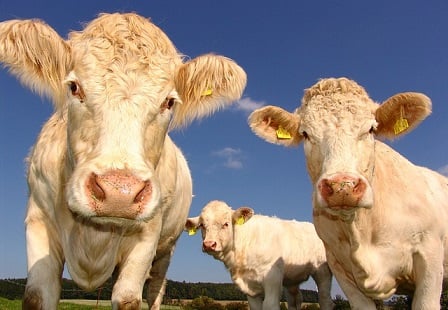Ranchers in southwest Saskatchewan have lost hundreds of thousands of dollars – and could stand to lose even more with uncertainty over whether insurance can help their cause – following the currently-unexplained deaths of multiple cattle.
The Ministry of Agriculture of Saskatchewan has estimated that ranchers in the area are facing a possible loss of $300,000 after more than 200 cattle in a grazing pasture north of Shamrock perished. The ministry, animal protection officers, and veterinarians have launched an investigation to get to the bottom of the fatalities.
The cattle were found dead in a pasture operated by Shamrock Grazing, a company that leases Crown land from the province and charges ranchers to oversee grazing and water access over the summer. CBC reported that the company had just hired a new pasture manager earlier this year.
Search and compare insurance product listings for Animal Mortality from specialty market providers here
At a press conference Monday in Regina, Chief Veterinary Officer Betty Althouse said that the ministry is currently waiting for post-mortem test results from the Western College of Veterinary Medicine at the University of Saskatchewan. The results, Althouse said, should be in by the end of the week.
Althouse added that the water test results are expected to come in Tuesday, but said that it was likely that dehydration killed the cattle due to the concentrated amounts of salt in the water.
She explained that water evaporation during hot weather can lead to salt content in water that is higher than that of the ocean. Consuming water with concentrated amounts of salt can be fatal for both humans and animals.
Local ranchers said that approximately 680 head of cattle were moved to a new plot of land on July 01. The dead cattle were discovered just five days later.
There were both cows and calves among the over 200 herd of cattle that were reported dead. Another 240 were moved to new pasture after the incident. The herd is under veterinary care, Althouse noted.
A total of 30 producers owned cattle on the property, with between six and 10 owners were affected by the deaths. The cattlemen are unsure what type of insurance or compensation would be available to them to cover for the losses.
Related stories:
Livestock disease threatens to financially ruin Western Canada ranchers
Clients should get dangerous animal coverage


